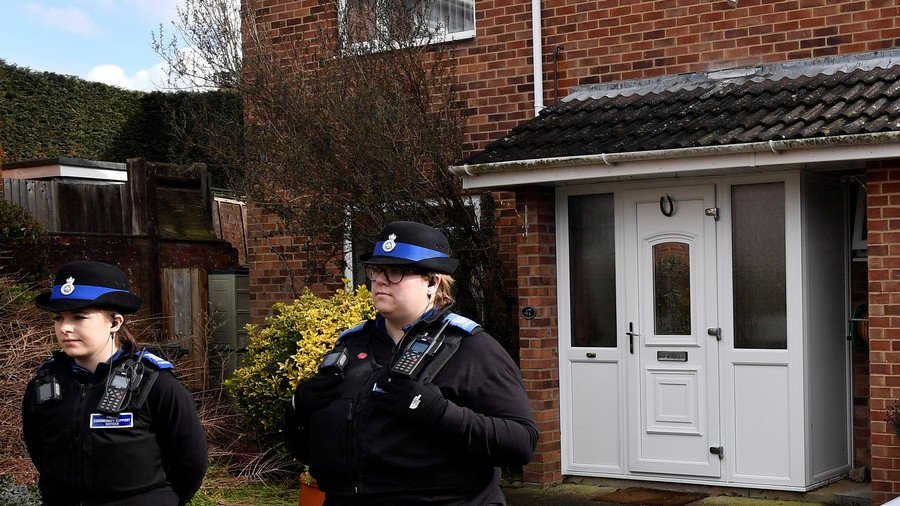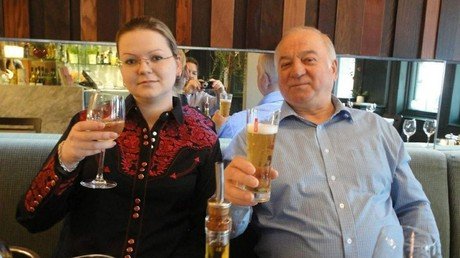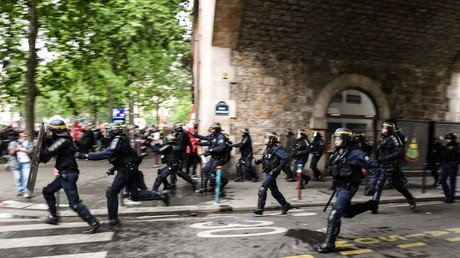Skripals may be kept in UK against their will – Russian Foreign Ministry

Moscow isn’t ruling out the possibility that the British authorities are keeping Sergei Skripal and his daughter against their will, the Russian Foreign Ministry said.
Sergei Skripal, 66, was discharged from a British hospital last week after being poisoned in Salisbury on March 4. The recovery of his daughter Yulia, 33, was much quicker. She has been out of the hospital since April.
Doctors gave no details on Skripal’s condition or his current location. Yulia has not been seen in public since being discharged from the hospital, and the only statement from her was issued by British police.
Earlier in May, Russia said the UK denied consular access to Skripals, both Russian citizens, adding that it is not satisfied with London’s handling of the case. It also said it had little trust that Sergey and Yulia “are allegedly reluctant to communicate with us [Russian authorities] and that they reject medical examination with the participation of Russian specialists.”
Russian Ambassador to the UK Alexander Yakovenko says that the Skripals are free to turn down the embassy's aid, but they should do so in person.
"For today, nobody saw their pictures, nobody heard their voice, nobody saw whether they're alive or not… we should be sure that the person is alive, he is alright or she is alright, and [if they] say, for example, 'I don't need your services,' it's fine with us," he told reporters on Friday.
He also alleged earlier that the UK may be hushing up or even destroying some evidence in the case. London has blamed Moscow from almost the beginning. Saying that both Skripals were poisoned with a military grade nerve agent of the ‘Novichok’ family, it claimed that the toxin came from Russia. London has failed to provide any substantial evidence on the “Russian trace,” with Moscow repeatedly denying the accusations.
The dramatic case took a new twist in early May after Czech President Milos Zeman admitted that his country had previously produced a nerve agent similar to the one Britain claims was deployed against the Skripals. Following Zeman’s remarks Russia said it expected a response from NATO providing a full list of bloc members engaged in similar research.
That same month an explosive report in the German media claimed that a sample of Novichok was obtained by German intelligence back in the 1990s and that Western countries, including the US and the UK, have long been aware of the chemical make-up of the nerve agent.
The report sounded plausible, ex-German intelligence officer, Rainer Rupp told RT. “And – as the ingredients for this horrific stuff can be bought readily almost anywhere, if you have the formula – all you need is a highly secure laboratory, so basically it could be done anywhere,” he said.
According to chemical weapons analyst and Rice University Professor James Tour, it is not a secret that a number of states have been developing and testing the nerve agents. “Many countries have made it in the past as part of a study of making the nerve agents,” he told RT.
Think your friends would be interested? Share this story!















